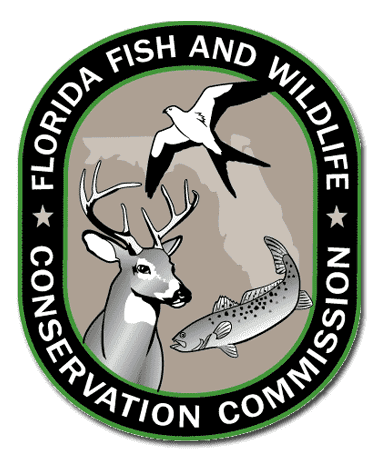Hydrilla Treatment on Florida’s Lake Harris is This Week

The Florida Fish and Wildlife Conservation Commission (FWC) will treat Lake Harris for hydrilla this week, weather permitting, and will monitor the lake for 90 days after treatment. Lake Harris is in Lake County and is part of the Harris Chain of Lakes.
The treatment will be on about 150 acres on the northwest side of Lake Harris.
The FWC’s Invasive Plant Management Section will treat the hydrilla with Aquathol K, which has no restrictions for fishing, swimming or irrigation. Aquathol is approved for use in lakes by the U.S. Environmental Protection Agency.
The FWC will post notification at the lake’s public boat ramps on the day of treatments and will remove notification once the treatments have been completed.
Hydrilla is an invasive, exotic, aquatic plant spread easily by boats throughout the state’s lakes and rivers. It clogs waterways, making recreational activities difficult or impossible and chokes out beneficial native plants. Managing and treating it is necessary for the health of Florida’s waters and to enable continued recreational boating and other aquatic activities.
For questions about this treatment contact Nathalie Visscher, FWC invasive plant management regional biologist, at 321-228-3364.

